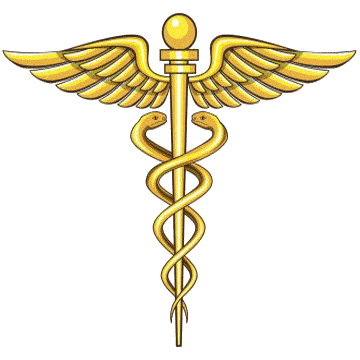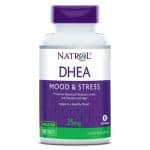There is a clear link between DHEA levels and heart disease: when it declines, the incidence of cardiovascular disease increases in both men and women. Diabetic men with low DHEA levels are most likely to develop coronary heart disease. The morbid risk is highest in men under 70 who have very low levels of DHEA. DHEA plays a protective role against the development of atherosclerosis and coronary heart disease, especially in men.
Several mechanisms are involved: inhibition of G6PD, modification of the range of lipids; suppression of platelet aggregation; and reduced cell proliferation. Men with low DHEA-S levels are more likely to have atherosclerosis and calcium deposits in the abdominal aorta. Since cortisol increases the risk of heart attack and the severity of atherosclerosis in humans, increasing DHEA intake to increase its proportion to cortisol appears to reduce cardiovascular risk. However, the same combination seems ineffective in women.
Preliminary studies indicate possible benefits of taking DHEA for patients with a buildup of cholesterol plaques in their arteries.
Myocardial infarction
There is a relationship between low DHEA levels and premature heart attacks in men. People with severe heart conditions and those with acute heart attacks show low levels of DHEA 3 to 4 months before the attack.
Clinical studies
A study carried out in 1986 showed that a high level of DHEA, determined by a simple measurement, is linked to a lower risk of morbidity by cardiovascular risks.
Research from the University of California Medical School shows that for every increase of one microgram per millimeter in blood level of DHEA-S, obtained by oral intake, there is a corresponding decrease in all-cause morbidity of 36%. These results were compiled in a study of 242 men between the ages of 50 and 70. A 48% decrease in mortality from atherosclerosis and cardiovascular disease was observed in subjects treated with DHEA.




